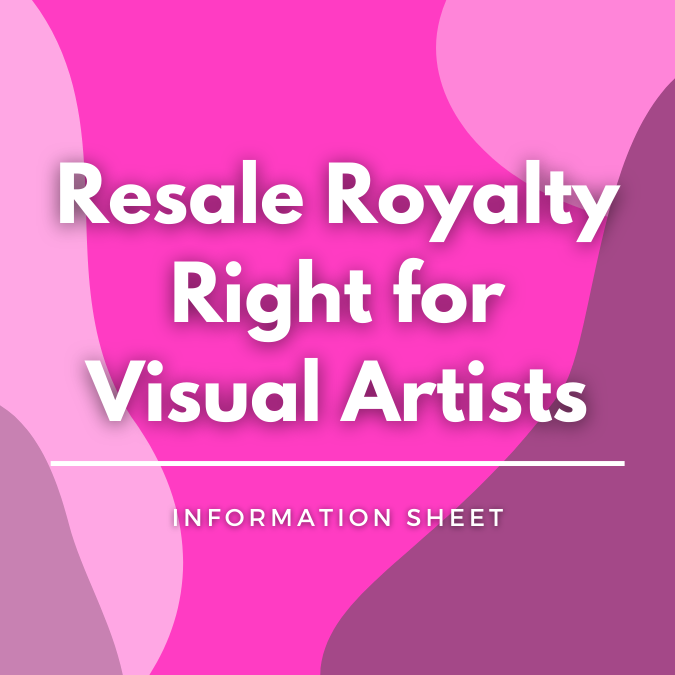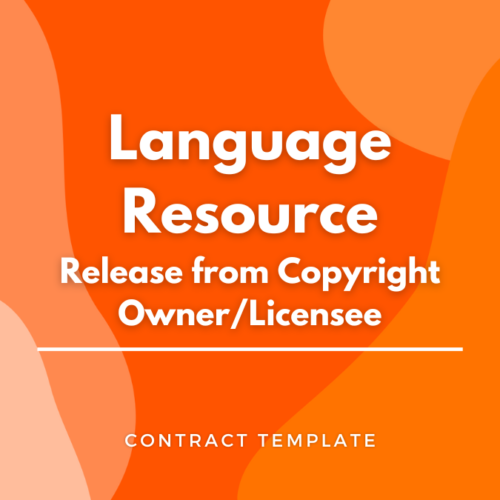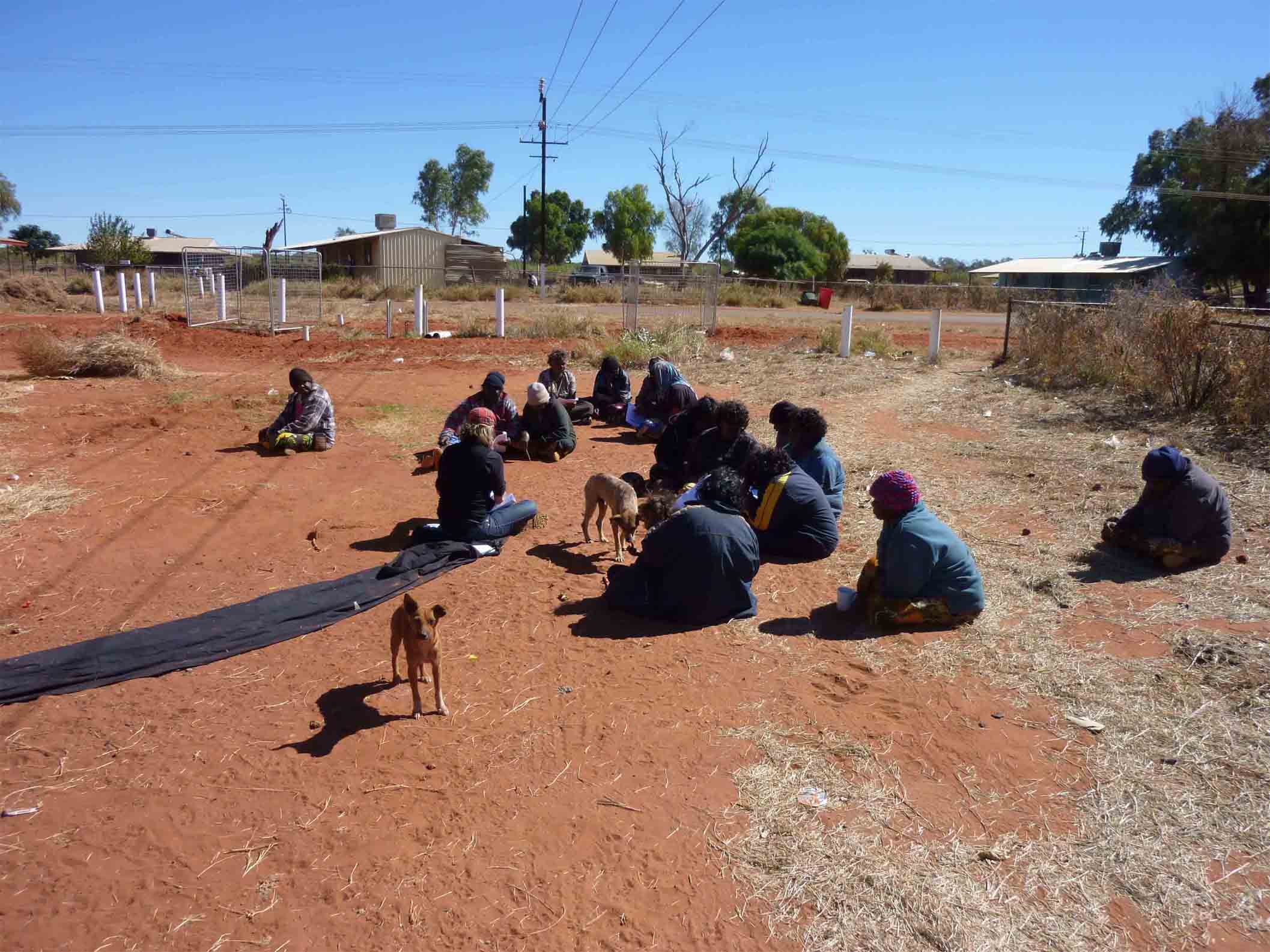Copyright in Music and Lyrics
What is copyright?
Copyright protects music and lyrics. Copyright is often referred to as a bundle of rights. These rights give the copyright owner exclusive rights to copy, communicate, publish and adapt their work. In other words, you need permission from the copyright owner to do certain things with their music and lyrics. This includes things like making copies, making a new arrangement or putting them up online.
This information sheet provides general information on copyright in music and lyrics in Australia only. If you would like information on other types of copyright works (such as sound recordings, art, writing or film), see the Arts Law information sheet on Copyright.
How does copyright protect music?
Copyright law gives separate protection to three different parts of music:
- A “musical work” is the combination of sounds in music. This can include, for example, the melody, harmony and rhythm.
- The lyrics are a “literary work”.
- A recording of a musical work and lyrics is a “sound recording”. For example, this might be the sound recording of a live performance of a band.
The names for these things that the law uses can be different to the names that musicians use. When they are combined, the musical work and lyrics can be called the ‘song’. However, the music and the lyrics are protected as two separate copyright works.
When are music and lyrics protected by copyright?
There is no need to register copyright in Australia. Copyright exists automatically in music and lyrics created by people, as long as they are original and in material form.
- Original – means that there must be some skill, judgment and effort used to create the work. This is not a hard test to meet. You do not need to be ‘skilled’, have training or be a professional. Original means that the music and lyrics must be more than a copy of another work.
- In material form – means that the lyrics or song must be recorded or written down in some way. This could be in sheet music, on a computer or handwriting on a piece of paper.
Copyright does not protect ideas. It does not protect a “style” or particular way of making music, such as clapping sticks. Sometimes it can be unclear whether someone has just used an idea for a song or whether they have copied the song. You should get legal advice if you think someone has used your song, or if you want to use someone else’s music.
You do not need to use the © symbol to protect your music. However, it is a good idea to use this symbol to make sure that people know that you are the copyright owner of your work.
Who owns copyright in music and lyrics?
Usually, the composer of the music and the author of the lyrics will be the first owner of the copyright in those parts of the song. The creator of each, and therefore the owner, may be different. If there is more than one creator of the music or lyrics, they may share copyright. For example, members of a band may share copyright of the music and lyrics they have created together.
A copyright owner can give away their copyright, or part of their copyright, by signing a written document or contract. This transfer of ownership is called an “assignment”. If someone has signed a contract about their song, it might say that someone else owns all or part of the copyright. In the music world, common types of agreements that say something about ownership of copyright of music and lyrics include publishing agreements and membership agreements with APRA (APRA then can collect royalties on your behalf).
If a person creates music or lyrics as part of their employment, the employer will usually be the owner of copyright. If you create music as part of your employment, you can agree with your employer in writing that you will own the copyright or that it will be shared.
What are the rights of the copyright owner?
If someone wants to perform songs, to arrange them, to record them, or to use your songs in a film, they are using copyright. If you are the copyright owner, they will usually need your permission. If you are the person wanting to use someone else’s song, you will need to ask for permission.
The copyright owner is generally the only person that is allowed to do certain things with their music. They have what is called “exclusive rights”. This means they are the only person that can give permission for someone else to do those things. If you are the copyright owner in music or lyrics, you have “exclusive rights” to:
- Reproduce (or make a copy) of the work. This includes photocopying sheet music, making a sound recording, making a music video of the work.
- Communicate the work to the public. This includes streaming on the internet.
- Publish the work.
- Perform the work in public.
- Make an adaptation of the work. This includes an arrangement.
Music and lyrics may be included in other types of copyright material. For example, a song may be included in a soundtrack to a film (this is called a ‘synchronisation). A song may be recorded as a sound recording. These are each a reproduction of the music and lyrics. If someone wants to then use the new material (the film or recording) they will need to get permission from the copyright owner of the music and lyrics.
What is copyright infringement?
It is an infringement of copyright in music or lyrics for anyone else to do one of things that are the ‘exclusive rights’ without permission from the copyright owner.
Even using only part of a work can be an infringement. This means that if someone wants to use an important part of your work, they should also ask your permission if you are the copyright owner. The law refers to this as a “substantial part”. This is not about applying a mathematical rule, such as copying 5% or 10% of the original work. The question to consider is whether the part of the original work taken is important, material or essential. For example, it might be an infringement for one musician to use a few bars that are important from another musician’s song in their own song without permission.
There are some exceptions to infringement, of course. Not every use of copyright works without permission will be an infringement of copyright. For example:
- There are some acts which are not copyright infringement. These include a “fair dealing” with the work for the purpose of research or study, for the purpose of parody or satire, or for the purpose of comment or review.
- There are also certain licences set out in the law, known as “statutory licences”. These mean that your work may be used and you cannot say ‘no’, but you must be given a fee. These licenses include government or school use.
For further information on copyright infringement see the Arts Law information sheets on Copyright and Copyright Infringement.
How long does copyright protection last for?
As a general rule, copyright protection lasts for 70 years from the death of the creator of the music or lyrics. After this, the work is no longer protected by copyright. It is in the public domain.
Because the law about copyright duration has changed a few times, the duration of copyright in older music and lyrics may change depending on things like when the copyright material was created, when it was made public and when the creator has passed away. It is important to look at all the circumstances to work out how long copyright lasts.
When you pass away, your copyright goes to whoever inherits your estate. You can make a will that says who gets the copyright in your music and sound recordings.
What is a copyright licence?
Giving permission or consent to use copyright material is usually called a “licence”.
If you are giving someone permission, you can ask for a fee for that permission. This fee is often called a “royalty”.
A licence does not have to be in writing. It can be spoken, or it can be implied from someone’s actions. This means that you should be careful in any discussions about how your work will be used.
It is helpful to have licences or permissions in writing. A written contract can clearly record what can or cannot be done with the work and the amount of any payment.
You should get advice from a lawyer about any contracts – you can get help from Arts Law with any of your music related contracts.
For more information on licensing and some of the key things to think about when giving or asking for a licence, see the Arts Law information sheet on Licensing.
What can I do if someone infringes my copyright?
You can take legal action to stop an infringement or to ask for money. You can write to the person that is infringing and try to sort it out. If that does not work, you can also bring a claim in Court.
Suing someone for copyright infringement can be very costly, time consuming and stressful.
If you think someone has copied your music or lyrics without your permission, you should speak to a lawyer. You can contact Arts Law to arrange legal advice about copyright infringement.
Do you need permission to sample music?
Yes. If you are using a substantial part of music or lyrics, then you will need to ask for permission from the copyright owner.
Remember that if you are sampling a sound recording, the sound recording reproduces the musical work and lyrics. If you need permission, you need to ask the owner of the sound recording, musical work and lyrics.
Do I need permission to record or perform someone else’s song?
Yes. Recording or performing someone else’s song involves the exclusive rights of the owner of the music and lyrics.
APRA/AMCOS can usually help with this permission. APRA/AMCOS is a collecting society that manages a system of blanket licenses and collects money for musicians when their songs are publicly performed, communicated to the public or copied. APRA/AMCOS then distributes money to musicians.
There is a specific statutory licence in copyright law for the recording of cover versions of songs. If you would like to record a cover version, you can talk to APRA/AMCOS about getting this licence.
You will usually need permission from APRA to perform someone else’s song in public. Your performance may already be covered by a licence held by someone else, such as a live performance venue. You can check with the venue or with APRA whether you need a separate licence.
Do I need permission to include a song in a video I am making?
Yes. Including music together with video (such as an advertisement or film) is often called “synchronisation”. This is a type of reproduction of the music and lyrics, and you will need the permission of the copyright owner. For synchronisation licences, you may need to speak to the music publisher.
I need permission to use a song – who do I ask?
Generally, if you need to seek permission to use music or lyrics, you need to seek permission from the copyright owner.
The copyright owner may not always be the original composer. The composer may have transferred all or some of their copyright to someone else.
The copyright owner may have also given permission to others to negotiate or grant licenses on their behalf. This person may be an agent or a person who is able to grant a sub-licence.
If you need permission to use a song, you may need to ask more than one copyright owner. This is because music and lyrics may have different owners, or there may be more than one owner of each work.
If you own copyright with someone else and you want to do something with that song, you need the permission of the other owner.
If you want to seek permission to use music or lyrics, a good place to start may be APRA/AMCOS. You can see what licenses ARPA/AMCOS is able to give to you, and also use the APRA/AMCOS song catalogue search to find out who the composer of a song or the publisher is.
What are moral rights in music and lyrics?
Moral rights recognise a musician’s ongoing connection with their creative work. They reflect the principle that people must respect your work and respect you as the creator of your work.
Moral rights are separate to copyright. Even if you are not the owner of copyright, you may have moral rights.
The creator of music and lyrics has moral rights in their works.
Moral rights are:
- The right to be named or acknowledged as the creator of the work.
- The right not to have your work used in a way that would harm your honour or reputation.
- The right not to have your work wrongly attributed to someone else.
For more information on moral rights, see the Arts Law information sheet on Moral Rights and Music.
What about songs that contain traditional cultural expressions?
At the moment, copyright does not provide separate protection for Indigenous Cultural and Intellectual Property (ICIP), including traditional songs. Where a traditional song has been passed down through generations, but has not been recorded, it will not be protected by copyright. If it has been recorded, the copyright owner may be different to the traditional custodian.
The Federal Government recently announced that it will create laws which protect ICIP.
For further information on ICIP in relation to music, see the Arts Law information sheet on Music and ICIP.
What about sound recordings?
A sound recording can reproduce music and lyrics. Copyright in the sound recording is separate to the music and lyrics and the copyright owner of the sound recording has their own bundle of rights. The copyright owner of a sound recording may be different to the copyright owner of the music and lyrics.
For more information on sound recordings, see the Arts Law information sheet on Music Copyright and Publishing for Bands and Musicians.
What about musicians and performers rights?
Performers, such as a singers or musicians, have rights in their performance. These are separate from the rights of the person who wrote the music and lyrics. Performers’ rights include the right to control how their performance is recorded and communicated, and moral rights in their performance. They may also have copyright ownership rights in recordings of their live performance.
For more information on performer’s rights, see the Arts Law information sheet on Performers’ Rights in Music.
Where can I find more information?
For more detailed information, see the Arts Law information sheet on Useful Resources for Musicians and Composers. This includes information and links on the collecting societies and various unions, guilds and other organisations that operate in the music industry. It also provides links to other Arts Law information sheets and sample agreements that you may find helpful.
If you are a member of a band, Arts Law has an information sheet that provides more information specifically for bands: Music Copyright and Publishing for Bands and Musicians.
You can also read the Music Industry Legal Pack, prepared by Arts Law and Simpsons Solicitors.
For more information on APRA/AMCOS and other collecting societies, see the Arts Law information sheet on Collecting Societies.
The Australian Copyright Council (www.copyright.org.au) also has helpful information on copyright for musicians.
© Arts Law Centre of Australia 2010, last reviewed 2024
Disclaimer
The information in this information sheet is general. It does not constitute, and should be not relied on as, legal advice. The Arts Law Centre of Australia (Arts Law) recommends seeking advice from a qualified lawyer on the legal issues affecting you before acting on any legal matter.
While Arts Law tries to ensure that the content of this information sheet is accurate, adequate or complete, it does not represent or warrant its accuracy, adequacy or completeness. Arts Law is not responsible for any loss suffered as a result of or in relation to the use of this information sheet. To the extent permitted by law, Arts Law excludes any liability, including any liability for negligence, for any loss, including indirect or consequential damages arising from or in relation to the use of this information sheet.
© Arts Law Centre of Australia
You may photocopy this information sheet for a non-profit purpose, provided you copy all of it, and you do not alter it in any way. Check you have the most recent version by contacting us on (02) 9356 2566 or tollfree outside Sydney on 1800 221 457.
The Arts Law Centre of Australia has been assisted by the Commonwealth Government through the Australia Council, its arts funding and advisory body.




